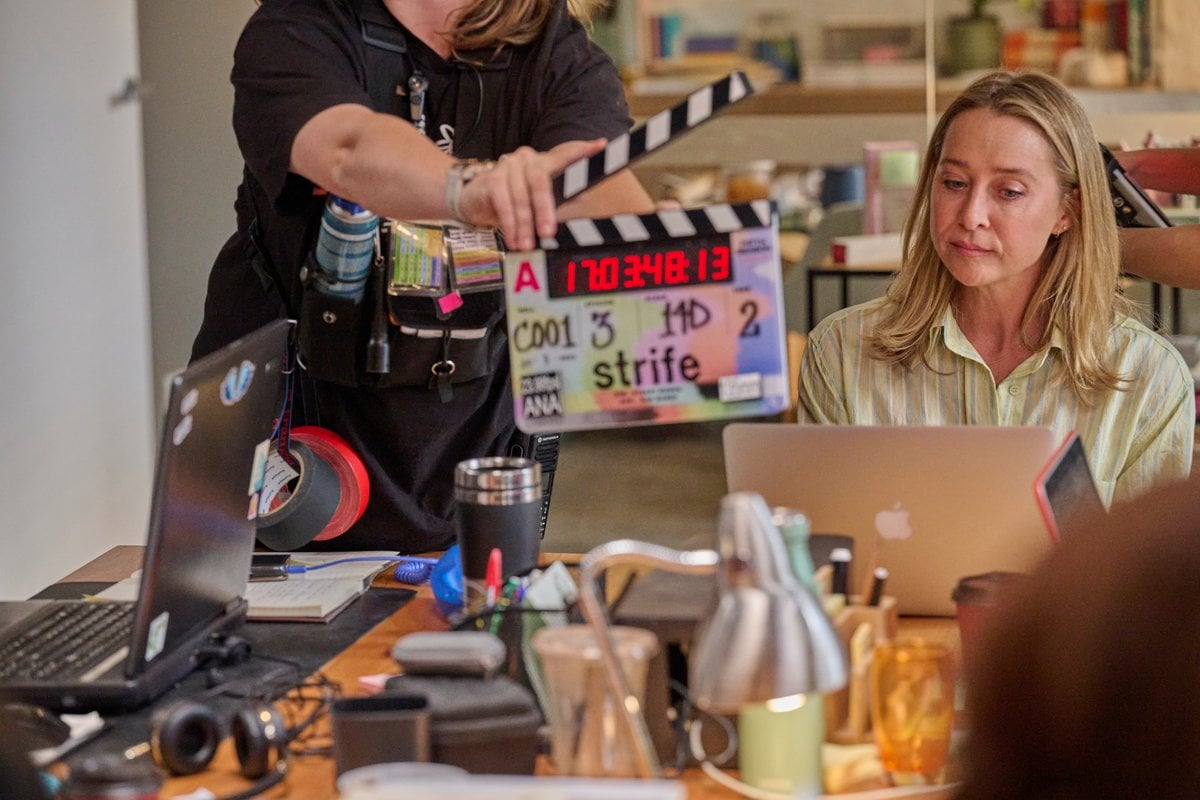
Warning: There are some mild spoilers for Strife here. If that kind of thing bothers you, go watch — all episodes are available to binge on Binge — and then come back.
Strife, the new eight-part comedic drama follows Evelyn (played by Asher Keddie), a famed magazine editor who, after being fired from her prominent job, launches a women's website. She risks her career to carve out a new place in the media landscape with only a small group of writers and some stolen Wi-Fi passwords by her side. The TV show is loosely based on Mia Freedman's book memoir Work, Strife, Balance, who is an executive producer on the show.
Here, Mia answers all your frequently asked questions:
Was the ‘in your bag’ scene real?
No. Clare Stephens wrote that, and it was so brilliant; one of my favourite scenes in the whole show. When I read it in the first draft of the script, I gasped and burst out laughing. It was like nothing I’d ever read before. It had such truth to it, though. Those nightmare ‘stunts’ on live TV or radio where you’re put on the spot and you sort of just have to go along because as a woman, you just don’t want to be ‘difficult’ or a ‘diva’. And then afterwards you’re like, OH MY GOD WHAT HAVE I DONE?
Were there some scenes that felt too close to home for you?
I felt my stomach clench every time Evelyn f**ked up with her kids and was late to pick them up or turned up to sport on the wrong day. The oranges! Oh my god, yes. I think every woman who works outside her home knows that feeling of just constantly dropping balls and feeling like you’re letting everyone down. The guilt of it. And the constant overwhelm.
What was the biggest interview Mamamia got in the early days like Eve does with the potential female PM?
Julia Gillard coming into the office when she was Prime Minister was massive for us. A real pinch-me moment. It was a specific time in the culture where women were really engaged in politics because of Tony Abbott being the previous PM and making himself the Minister For Women despite having tried to block abortion access when he was Health Minister and making references to women being at home doing the ironing. He is the only Prime Minister in 15 years who wouldn’t do an interview with us. He had no interest in talking to women. So by the time Julia became PM and her iconic speech about all the disgusting sexism she’d faced, Mamamia was riding that wave and people were looking to us for a lot of commentary.

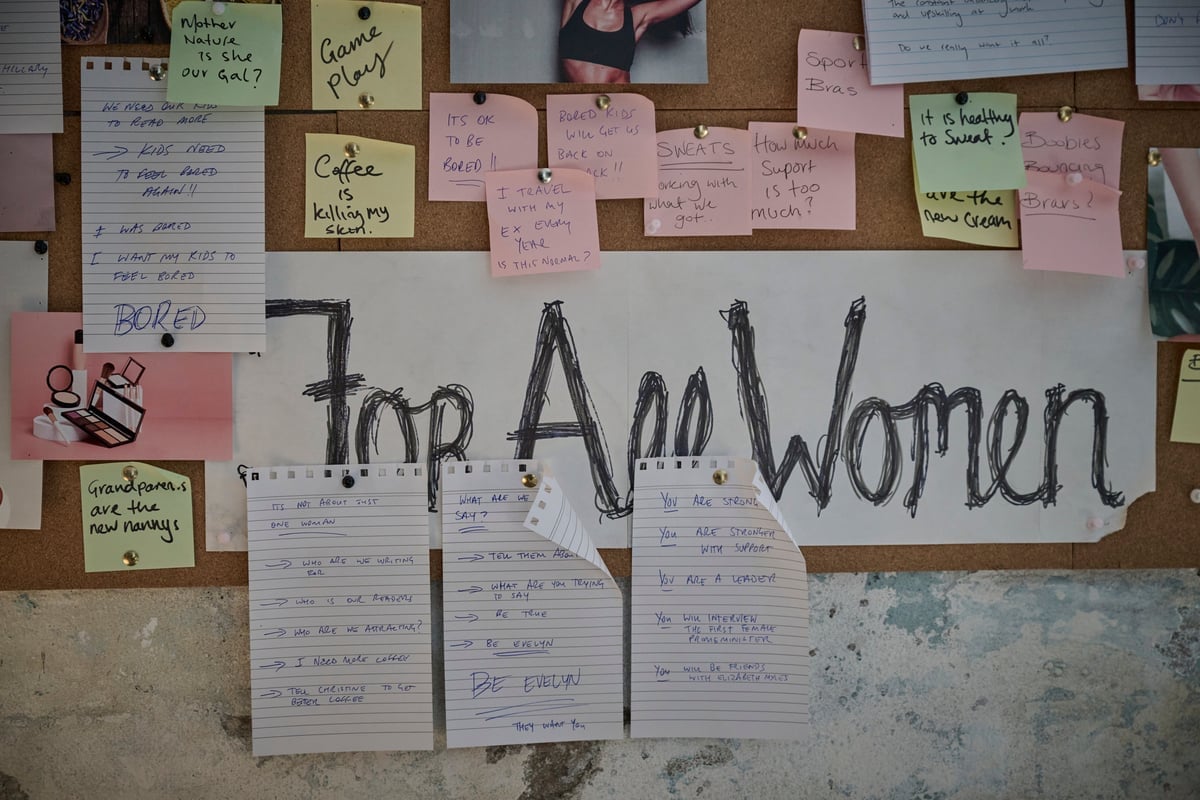
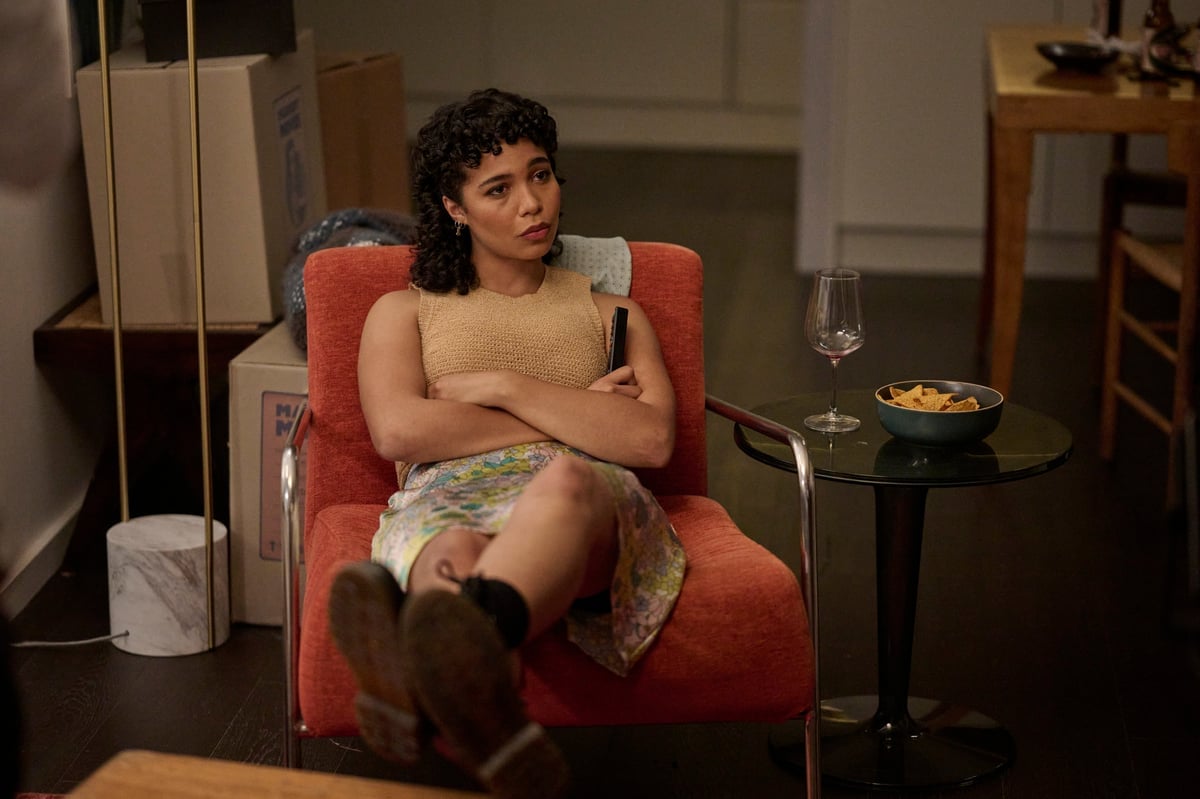
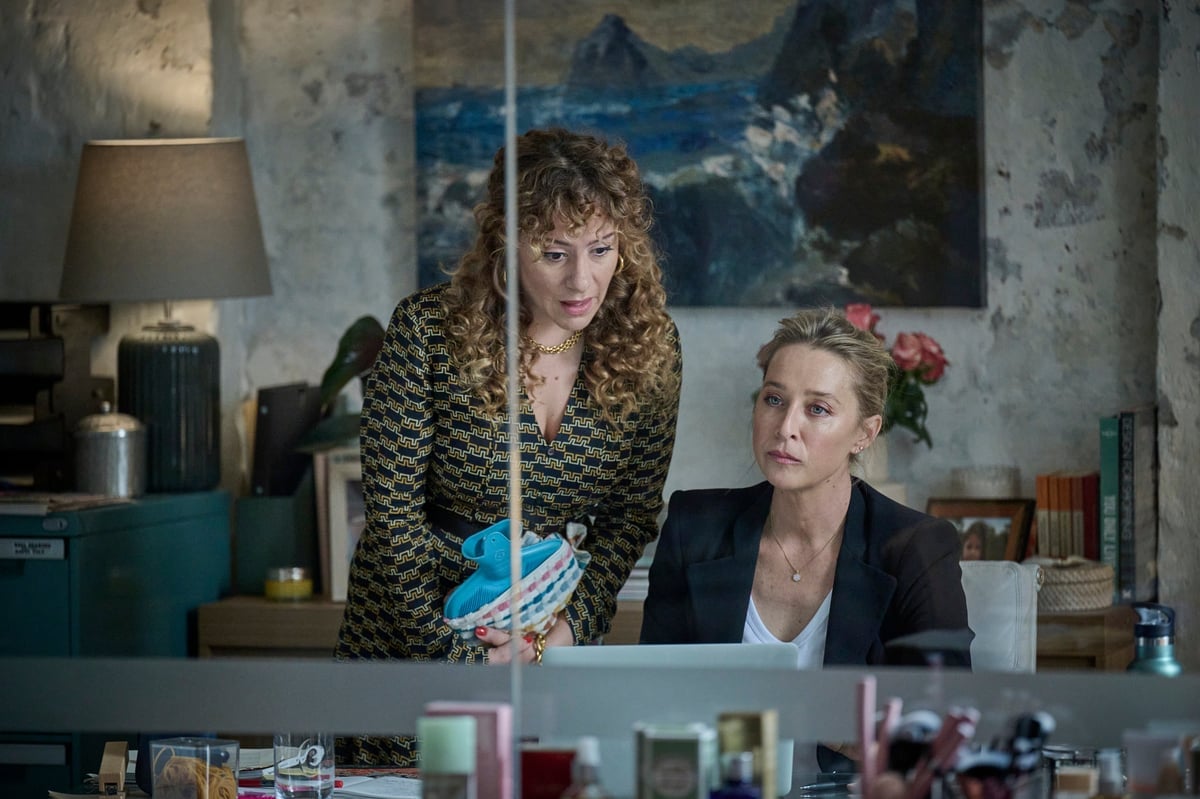
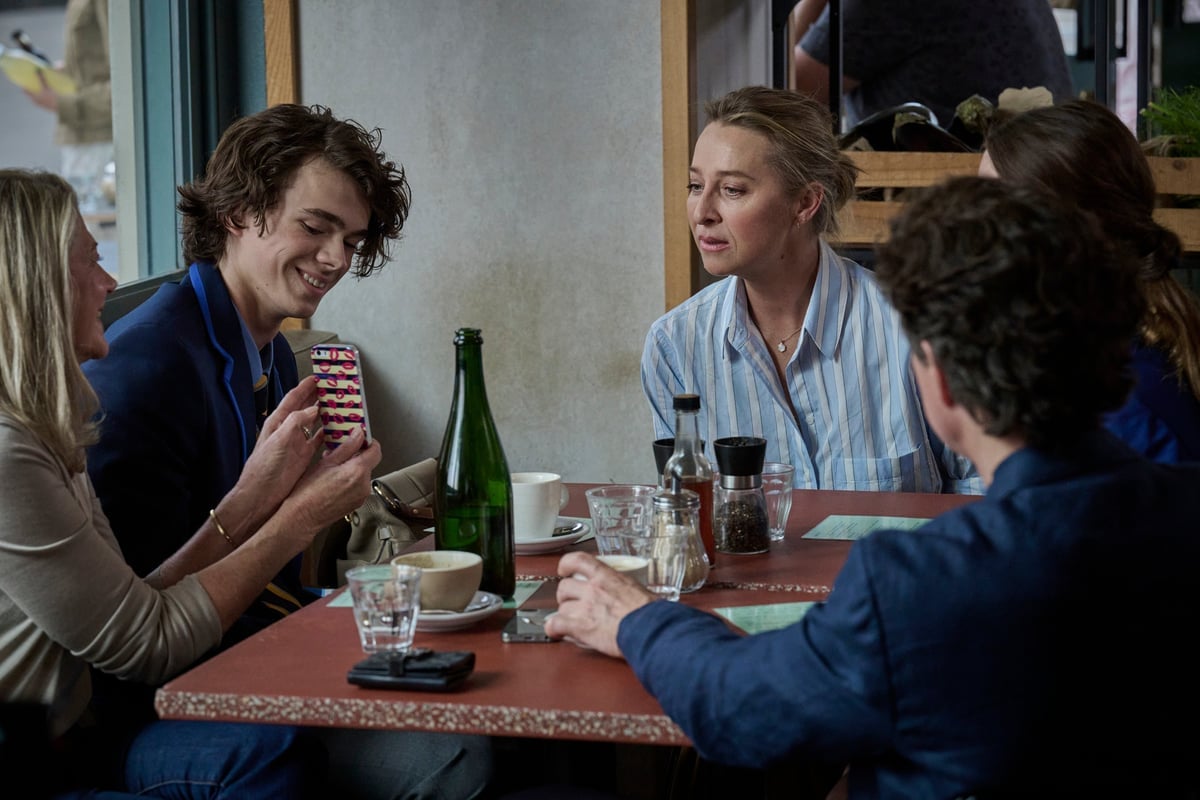
Top Comments